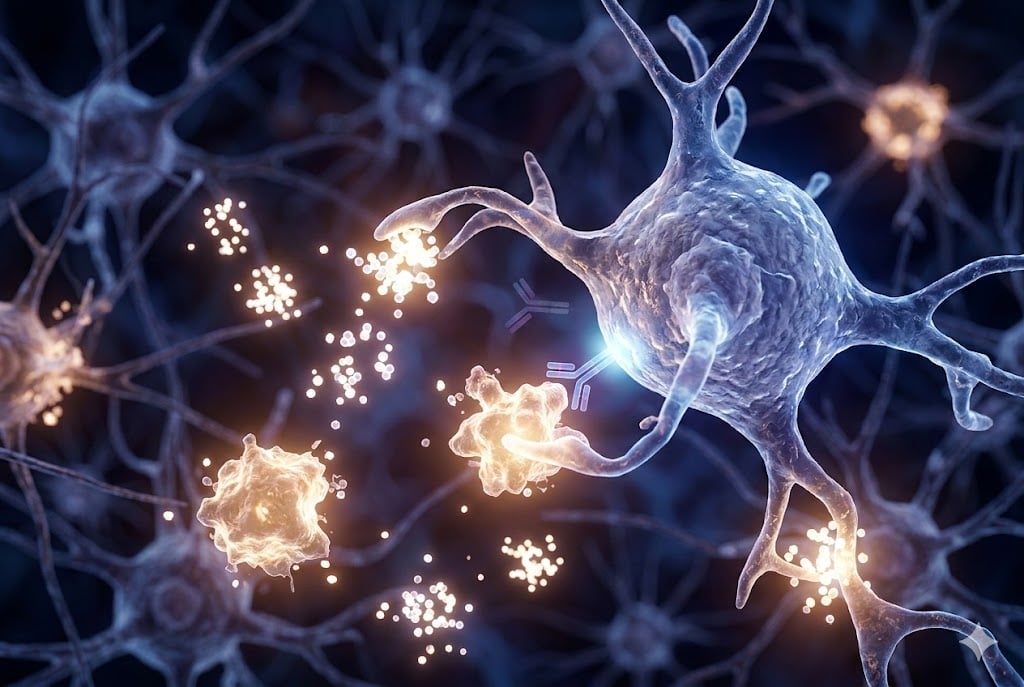
Remternetug May Beat Kisunla for Treating Alzheimer’s
Right now, there are two FDA approved drugs to treat Alzheimer’s itself. Find out why Remternetug may soon get approval as a third, even better treatment.

Right now, there are two FDA approved drugs to treat Alzheimer’s itself. Find out why Remternetug may soon get approval as a third, even better treatment.

Kisunla, the newest Alzheimer’s drug, is rapidly gaining acceptance around the world. Learn what it does and how to get it.

How do the new drugs Leqembi and Kisunla fight Alzheimer’s? Surprisingly, increases in amyloid-beta protein levels can explain the slowing of Alzheimer’s at least as well as the reduction in amyloid plaques.

Ely Lilly unveils new $1,000,000,000 facility for drugs including Kisunla for Alzheimer’s. New investment will enhance global medicine production, benefiting millions of patients worldwide

Diabetes and prediabetes are dementia risk factors. They affect 1 in 7 adults! Learn about new research to lower that risk with lifestyle and drugs.

There are no approved treatments for DLB, though it is the second most common type of dementia. Do drugs like donepezil hold the key?

In the USA, the same person may be twice as likely to be told they have dementia, depending on where they are diagnosed. Learn more to get a more accurate test and better treatment.

Older adults with a genetic predisposition to Alzheimer’s disease may benefit from fish oil supplements.

While the initial headlines might seem discouraging, there’s always more to the story. 🌟

University of Oxford research revealed groundbreaking findings that could reshape dementia prevention. Ozempic (AKA Semaglutide/Wegovy), a type-2 diabetes and weight-loss drug, seems to significantly reduce the risk of dementia.

The smallest act of kindness is worth more than The grandest intention. Oscar Wilde

Many diagnosed patients won’t qualify — here are the
7 medical criteria.

People worry about becoming forgetful. Is it the first sign of Alzheimer’s or just the passing years? After all, forgetfulness is a normal part of aging. Check out these quick ways to tell the difference.

Bringing art and creativity into elder care settings helps families reconnect with loved ones who have dementia. In this moving talk, Anne Bastings shares how.

When a hurricane hits Florida — or anywhere that has a very large population of people with dementia, there are special preparations that should be made by those living with dementia. Check these dementia-in-a-storm readiness lists.

In gardening, people with Alzheimer’s grow fresh plants along with better thinking. It’s a pleasant way to make things easier.

The co-founder of a caregivers’ organization introduces technology he has found helpful in caring for his grandmother with dementia.
No spam, only news and updates.


